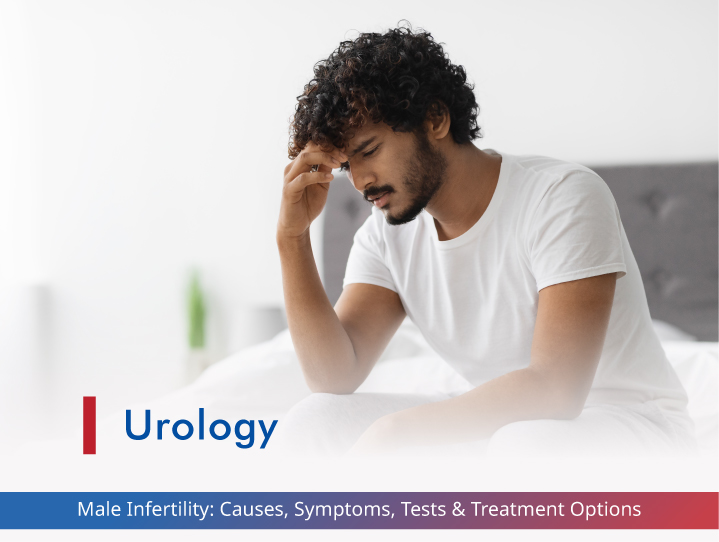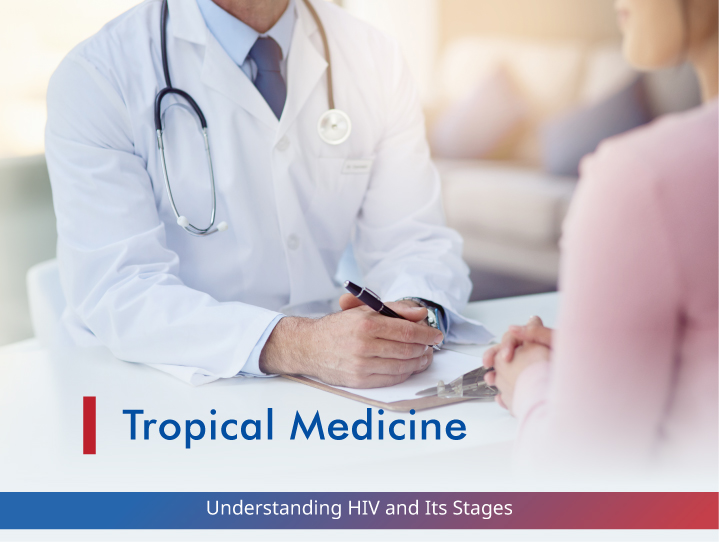When Prateek came home with a fever of 103 F, his parents started panicking. They knew that some of his classmates had fallen ill with dengue. They had read about the platelet count in the blood falling being dangerous in dengue. So, they felt that keeping an eye on the platelet count should be their priority and rushed the child to the nearest diagnostics to check his platelets.
Being a Pediatric Intensive Care Specialist, I have seen many such cases recently where parents, aware of the epidemic nature of dengue in Bengaluru at present, panic at their child running a temperature.
What is Dengue Fever?
Dengue fever is a viral infection transmitted by the bite of the Aedes aegyptii mosquito that is infected by the dengue virus. The aedes mosquito, unlike other disease spreading insects, bite humans early in the morning and just before dusk.
How dangerous is dengue fever for children?
Children, especially those under 15 years, are at a higher risk of developing some of the more serious symptoms because of their still developing immune systems.
However, it has been observed that 90%-95% of the children affected by dengue recover from this viral disease with mild to moderate symptoms in 14 days or so. Only 5%-10% of them will suffer from the more dangerous Dengue Hemorrhagic Fever (DHF) or the Dengue Shock Syndrome (DSS) which is characterized by bleeding and drop in blood pressure.
What are the signs and symptoms of dengue fever in children? How long will dengue fever last?
The symptoms begin 4-10 days after being bitten by an infected mosquito and can last up to 2 weeks. The initial symptoms seen may be similar to other childhood infections such as a high fever (102 F- 103 F) accompanied by body ache, joint aches, headache and in some cases, vomiting and rashes. This can go on for 2-3 days. This is known as the febrile phase of dengue and would still be classified as mild dengue.
How do I deal with mild dengue?
The febrile phase or the initial stages of dengue can be dealt with at home. The points to keep an eye on would be:
Hydration: The child would be dehydrated from the high-grade fever, vomiting and lack of appetite. The priority at this stage is to keep the child hydrated with water, coconut water, juices or soups. The amount of urine passed will be an indication of the level of hydration of the child. If the urine is dark yellow or the amount of urine passed is very little, the child is dehydrated and needs more fluids. If the child is unable to take in more fluids to maintain hydration due to vomiting, you would need hospital care.
Keeping the fever under control: Paracetamol can be used to deal with the fever, joint ache and headache as per the prescription given by your doctor. Additionally, you can sponge the body and face with water to reduce the body temperature.
90% to 95% of the children start recovering after 2-3 days of fever.
What are the danger signs I have to look out for in dengue?
5% to 10% of the children go on to the critical phase after the fever subsides. It is at this point that the platelets will start falling rapidly. You will need to seek immediate medical help if you see the following symptoms:
- Fever persisting after 3 days
- Severe abdominal pain
- Difficulty in breathing or rapid breathing
- Bleeding from gums or nose
- Blood seen in vomit or stools
- Cold and clammy skin
- Dark yellow urine
- Very less urine
Treatment of dengue fever
If the child enters into the critical phase, hospital support is paramount. The platelets start falling rapidly at this stage leading to the bleeding that can be seen from the gums and nose externally.
This can also lead to breathing difficulty and other organs like the kidney, liver, heart and the brain being affected. If the child shows these critical signs, he may need admission into intensive care so that he will get the individual attention he needs at this point.
Transfusion of platelets is one of the therapies that the doctor might use to replace those being destroyed by the disease. Other treatment will depend on the symptoms being shown by the child.
The Recovery Phase
Once the child is taken care of in the febrile and critical phase, the disease moves on to the recovery phase and can take 10-14 days from the initial symptoms.
In this phase, the child will start feeling better and appetite will return. The platelet count will start improving. The child will start passing urine as usual. Fatigue is a common lingering symptom and may continue for some days. Rest is necessary during the recovery phase. Any undue exertion should be avoided to give the body ample time to recover.
How to protect myself and my family from dengue?
The best way to avoid getting dengue is to avoid getting bitten by an infected mosquito. Mosquitoes are known to thrive in tropical climates where there is stagnant water. It then becomes imperative that we ensure that there are no breeding grounds near our houses and in the neighborhood of our schools and workplaces.
- Empty and clear any plastic containers, coconut shells or any other object which could collect water.
- Unclog gutters and drains to prevent water from accumulating.
- Regularly empty any flowerpots or trays which can hold water.
- Cover any water containers like drums to avoid mosquitoes laying eggs in them.
- Ensure that your neighbors, too, follow similar steps to avoid stagnant breeding grounds.
- Regularly spray the neighborhood with mosquito repellants
- Use mosquito repellant creams and wear loose clothes that cover your arms and legs to make sure that minimal skin is exposed.
- Use mosquito screens and nets at home.
- Avoid outdoor activities during dawn and dusk when the mosquitoes are most active.
Maintaining a clean neighborhood goes a long way in avoiding any vector borne disease like dengue, malaria, chikungunya and encephalitis.







